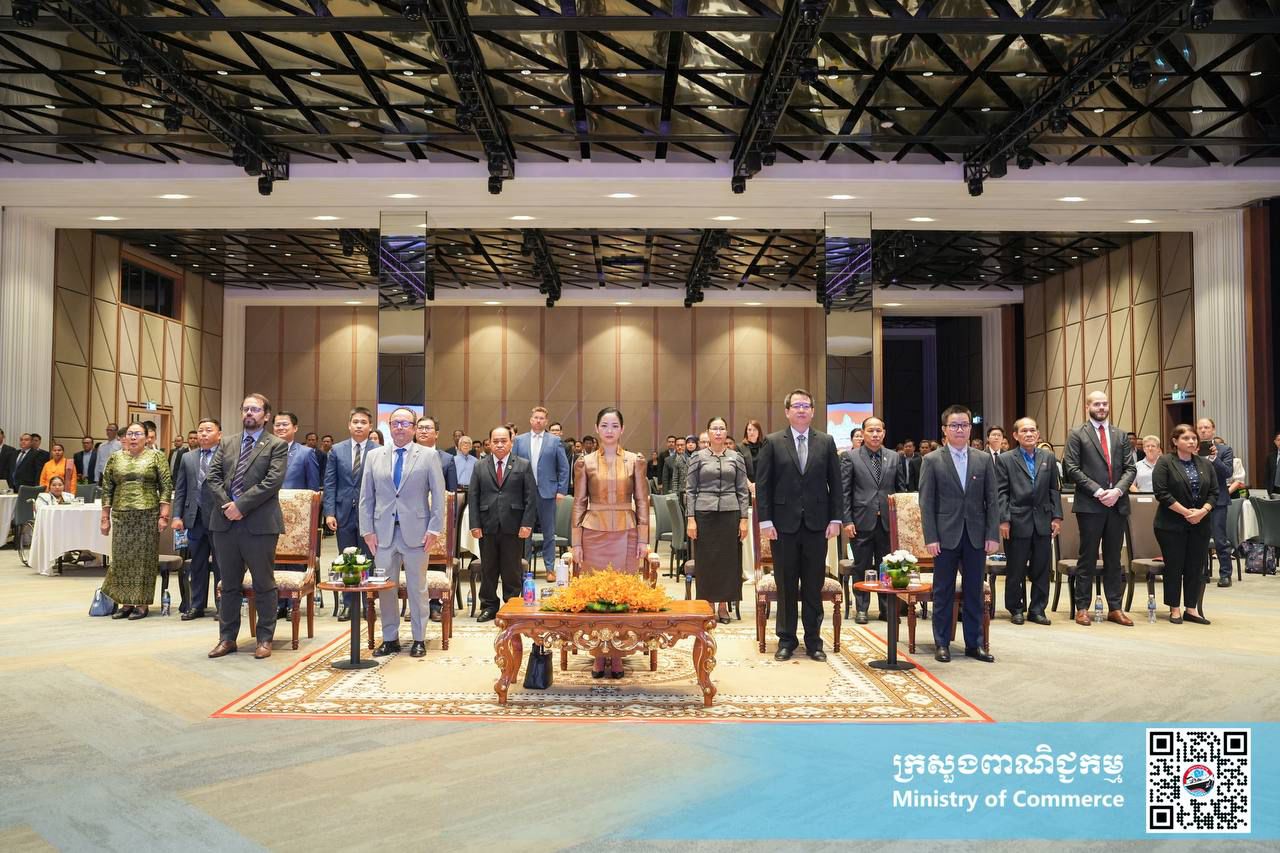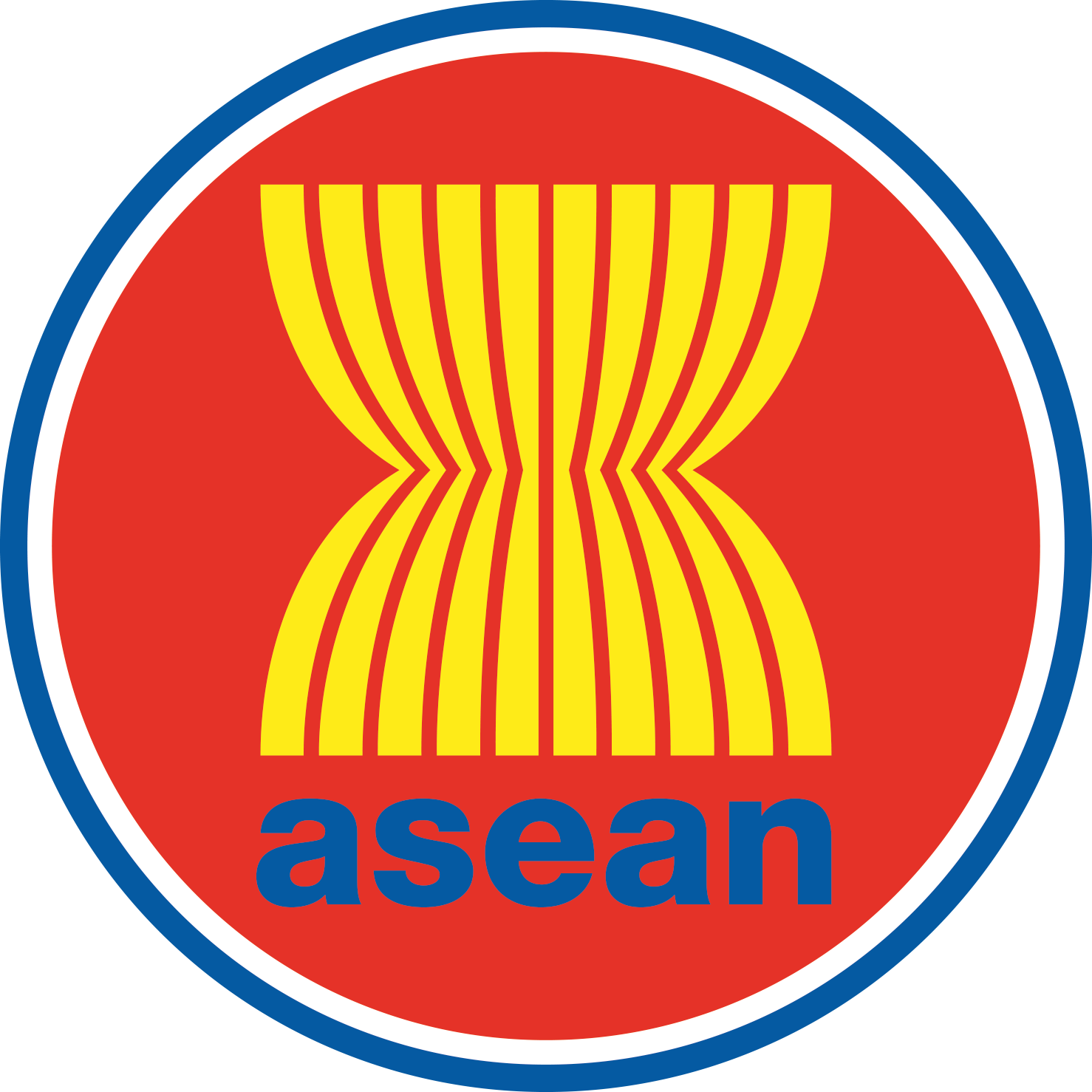Empowering ASEAN Consumers in the Digital and Green Economy: ASEAN Champions Consumer Protection at the 4th ASEAN Consumer Protection Conference
Cambodia , 26 August 2024

In a rapidly changing world where digital transformation and sustainability are at the forefront, the 4th ASEAN Consumer Protection Conference (ACPC) has emerged as a beacon of ASEAN’s collective efforts to safeguard and empower consumers in the digital and green economies. Held in Phnom Penh, Cambodia, this year's conference brought together over 200 participants from ASEAN Member States, consumer organizations, government bodies, and the private sector, all united under the theme “Empowering Consumers in Digital and Green Economy: Innovate, Protect, Sustain.”
The event was also attended by H.E. Stefan Messerer, German Ambassador to the Kingdom of Cambodia, and H.E. Dominic Williams, British Ambassador to the Kingdom of Cambodia, underscoring the importance of international cooperation in advancing regional consumer protection and highlighting ASEAN’s pivotal role in setting consumer protection standards with global relevance.
H.E. CHAM Nimul, Minister of Commerce and Chairwoman of the NCCP, highlighted Cambodia’s leadership in hosting this landmark event, stating, “The 4th ACPC is a pivotal event that converges the intersection of innovations, sustainability, and consumer empowerment, especially during the integration of the digital technology and the green economy. As the world undergoes technological advancement, its impact on lifestyles, specifically shopping, communications, and transactions, is also significant. As consumers, we need to be aware of new and emerging issues that may affect our welfare. The Royal Government of Cambodia, in their commitment to digital technology, has been and continues to focus on implementing the Pentagon Strategy Phase 1, prioritizing digital technology to respond to the Fourth Industrial Revolution and the digital transformation of Cambodia’s economy and society.”
The significance of the 4th ACPC was further emphasized by H.E. Satvinder Singh, Deputy Secretary-General of ASEAN for the ASEAN Economic Community (AEC) with key recommendations that include enhancing digital literacy, promoting fair business practices, and fostering greater inclusivity across the region. "As ASEAN marches towards becoming the world’s fourth-largest economy, we must ensure that consumer protection is not only robust but also forward-looking, addressing the complexities of the modern marketplace," H.E. Singh remarked. Mr. Loke Shiu Meng, Chair of the ASEAN Committee on Consumer Protection (ACCP), outlined the vision of the forthcoming ASEAN Strategic Action Plan on Consumer Protection (ASAPCP) 2030, aimed at further enhancing consumer empowerment, ensuring inclusivity, and addressing emerging challenges in the digital and green economies across ASEAN.
The 4th ACPC underscored the importance of collaboration among ASEAN Member States and international partners in tackling the complex challenges of consumer protection in a digitalized and green economy. The conference set renewed momentum to strengthen regional coordination, build robust legal frameworks, and promote ethical business practices that prioritize consumer welfare.
As ASEAN continues to advance its consumer protection agenda, the outcomes of the 4th ACPC will play a vital role in shaping the policies and actions that ensure consumer welfare remains at the heart of the region’s development.
The 4th ACPC is hosted and organised by the Consumer Protection, Competition, and Fraud Repression Directorate-General (CCF) in cooperation with the ASEAN Committee on Consumer Protection (ACCP) and the ASEAN Secretariat. The conference is supported by
- the ASEAN - UK Economic Integration Programme (EIP) 2024-2028. For which the Regulatory Reform Pillar is implemented by the Office for Product Safety and Standards (OPSS). The EIP is funded by the UK Foreign, Commonwealth and Development Office (FCDO); and
- the “Consumer Protection in ASEAN II” (PROTECT II) project, which is implemented by the Deutsche Gesellschaft für Internationale Zusammenarbeit (GIZ) GmbH and funded by the Federal Ministry for Economic Cooperation and Development (BMZ) of Germany.


